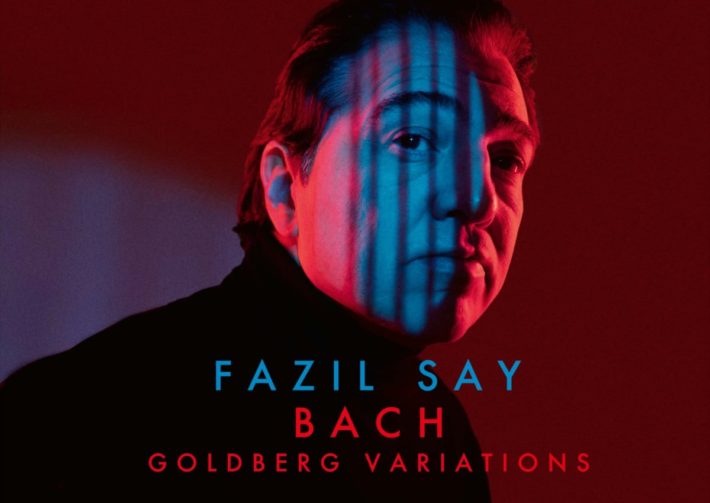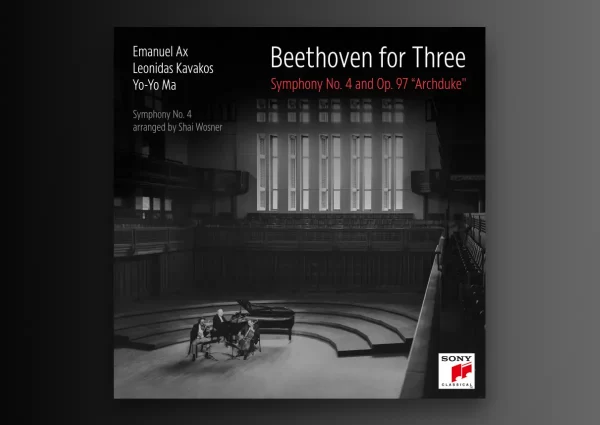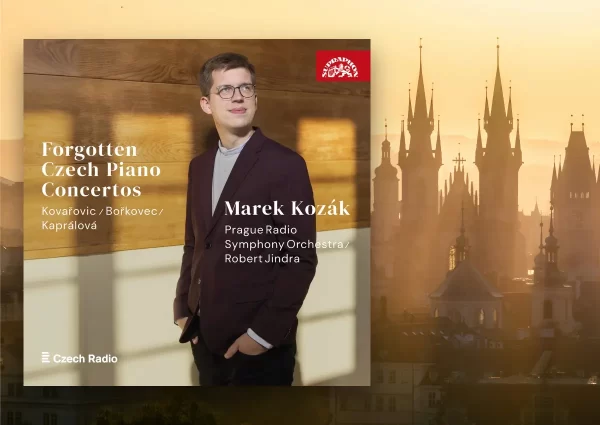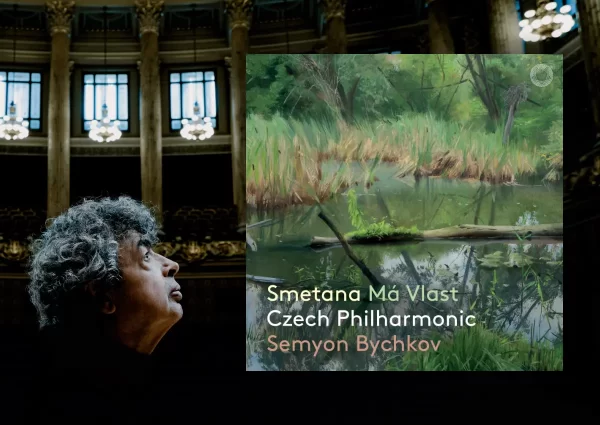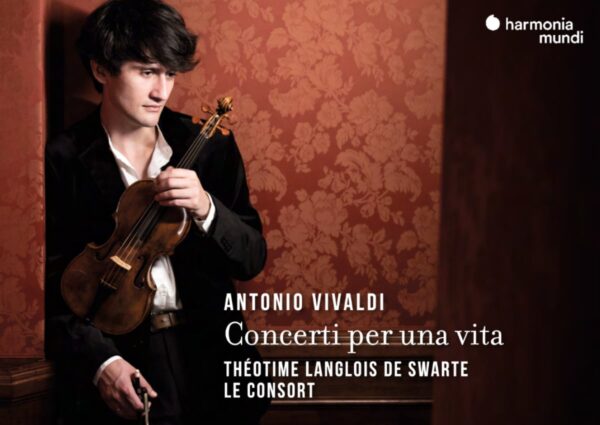Fazil Say’s new album closes a 20-year gap he’s had in his relationship with J.S, Bach’s music. Despite having put out his first Bach recording in the late ‘80s, it was the pandemic that finally gave him the time and space to tackle the Goldberg Variations. The competition is more than fierce here with a fair share of landmark recordings (Glenn Gould’s two versions from 1955 and 1981 and Andras Schiff’s two versions for Decca and ECM) as well as top-notch newer ones (Lang Lang, Igor Levit, Beatrice Rana, and David Fray which I reviewed back in December 2021).
Say’s Aria moves at a pace between 1981 Gould’s very measured account and Schiff’s more breezy one. Though it doesn’t have the memorable level of introspection that Gould’s offers, Say’s does deliver a lovely elegance in the way he creates long, singing lines. There’s also the right level of contouring via emphatic swells (3’40”-3’48”). Variation I has a bounciness by way of Say’s non-legao textures that also offer a blend of clarity and nuanced soft dynamics. A sensible balance prevails with energetic moments of joviality.
There are times, however, when the refined approach detracts from a more vibrant interpretation, as we hear in Variation 4. The tone quality is admittedly beautiful – round and mellow – but what suits better is a more robust sound profile (Murray Perahia’s 2000 recording has exactly this; the rhythmic accents are present but not overdone, providing the energetic lilt central to the variation). Variation 5, however, is successful; what I picked up on in particular was how Say lends orchestral qualities to different registers: the higher notes have a spritzy, even piquant sound reminiscent of a piccolo.
In his forward, Say mentions the extent to which he studied the work outside of actually playing it. The efforts are clear in how he demonstrates a firm grasp on how Bach’s contrapuntal lines work in relation to each other. He reveals a tangible connection between the treble and inner voices in Variation 12 (the canon at the 4th); I liked how the fluid yet dynamic shifts in character between the two give way to an engaging dialogue. The next canon (Variation 15) marks the arrival of the minor variation. Here, the pianist again arches the long phrases, creating a plaintive singing quality.
Related Posts
- Review: Bach – Goldberg Variations – Klàra Wurtz, Piano
- Review: Bach – Goldberg Variations – Lang Lang, Piano
- Double Review: Bach – Goldberg Variations – Papastefanou, Minnaar
The Ouverture (Variation 16) marks the halfway point of the work and shows the extroversion that I’d hoped to hear a little more frequently throughout. Say brings stately quality to the forefront with an ample sound while the recurrent scalar runs have just enough speed to give them an extra sense of flourish. While some recordings can wind up sounding stodgy with too much volume too consistently, Say’s switches up the articulation and dynamics organically.
There’s a lot that goes in the Quodlibet (Variation 30). Not only is it the final canon (this time at the octave) but it also quotes two famous German folk tunes. This variation, in the context of the entire work, is very much a joyful and long-awaited arrival. Say brings gaiety to the notes with the crips staccatos, chirpy trills, and, once again, well-defined contrapuntal lines. Some may prefer a more meaty interpretation, if you will, along the lines of Tatiana Nikolaeva (despite being a bit heavy handed on the rubatos, she brings the stateliness to life). The one for me that best balances heft with joy is Wanda Landowska’s 1933 harpsichord performance. Although the medium is different, we still get a very good feel for a lively and at times choral character.
The liner notes forego any standard musical analysis (which makes sense given the Goldberg’s precedent) and in their place are Say’s own insights and reflections on his journey with the work. The sound engineers at Warner bring out the roundness of the pianist’s tone throughout, as well as the warmth of the instrument’s own timbre.
On the whole, Say is at his finest where the work calls for nuance, which is quite often. If only there was a bit more extroversion in certain variations would we have a truly vibrant account. But for those looking for a more sophisticated and perhaps refined version, Say’s will certainly do.

Bach – Goldberg Variations
Fazil Say – Piano
Warner Classics, 5419723396
Recommended Comparisons
Read more classical music reviews or visit The Classic Review Amazon store
Follow Us and Comment:
Get our periodic classical music newsletter with our recent reviews, news and beginners guides.
We respect your privacy.

